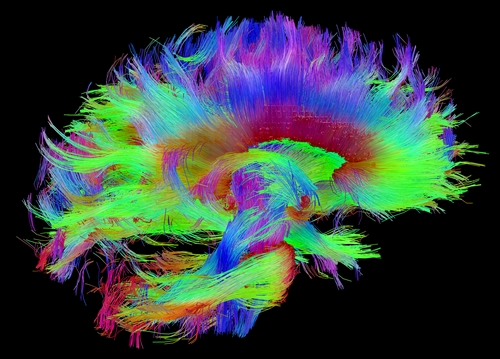19 February 2016. The U.S. Food and Drug Administration approved a molecular therapy for epilepsy designed to supplement treatments for partial-onset seizures. The drug is brivaracetam, marketed as Briviact by UCB, a pharmaceutical company headquartered in Brussels, Belgium.
Epilepsy is a neurological disorder where nerve cell activity in the brain is disturbed, causing seizures with symptoms ranging from blank stares to tingling sensations to loss of consciousness. Some 150,000 people develop epilepsy each year in the U.S., according to Epilepsy Foundation, with 1 in 26 people developing epilepsy in their lifetimes. Despite advances in medications to control seizures, says the foundation, some 500,000 Americans appear to be resistant to current medications and continue to experience seizures.
Briviact, says UCB, is designed for individuals whose seizures are not adequately controlled by current medications, in this case partial-onset seizures that affect part of the brain and usually last for less than a minute. The drug is a designed molecular compound that binds to a protein in the brain, known as synaptic vesicle protein 2A, associated with transmission activity across neurons.
FDA’s approval was based in part on results from 3 clinical trials with a total of 1,550 participants, which show statistically reliable reductions over 28 days in the frequency of partial-onset seizures for Briviact taken with other drugs, compared to placebos. The trials also show the most common adverse reactions are drowsiness, dizziness, fatigue, nausea, and vomiting. UCB says Briviact was tested in clinical trials for 8 years with 2,400 participants.
Briviact will be available, says the company, as tablets, an oral solution, and injections in doses of 50 mg, 100 mg, and 200 mg per day. Before sales of the drug can begin, however, the U.S. Drug Enforcement Administration needs to classify Briviact for its abuse or dependency potential, which is expected in the next 90 days. The European Commission approved Briviact for marketing in Europe in January 2016.
Read more:
- Advocacy Group, Genetics Company Partner on Brain Disorder
- Delivery Technique Devised to Cross Blood-Brain Barrier
- Spin-Off Formed to Develop Brain Disorder Therapies
- Wireless System Developed to Deliver Drugs to Brain
- Campaign Seeks More Minorities in Brain Disorder Trials
* * *


 RSS - Posts
RSS - Posts
You must be logged in to post a comment.